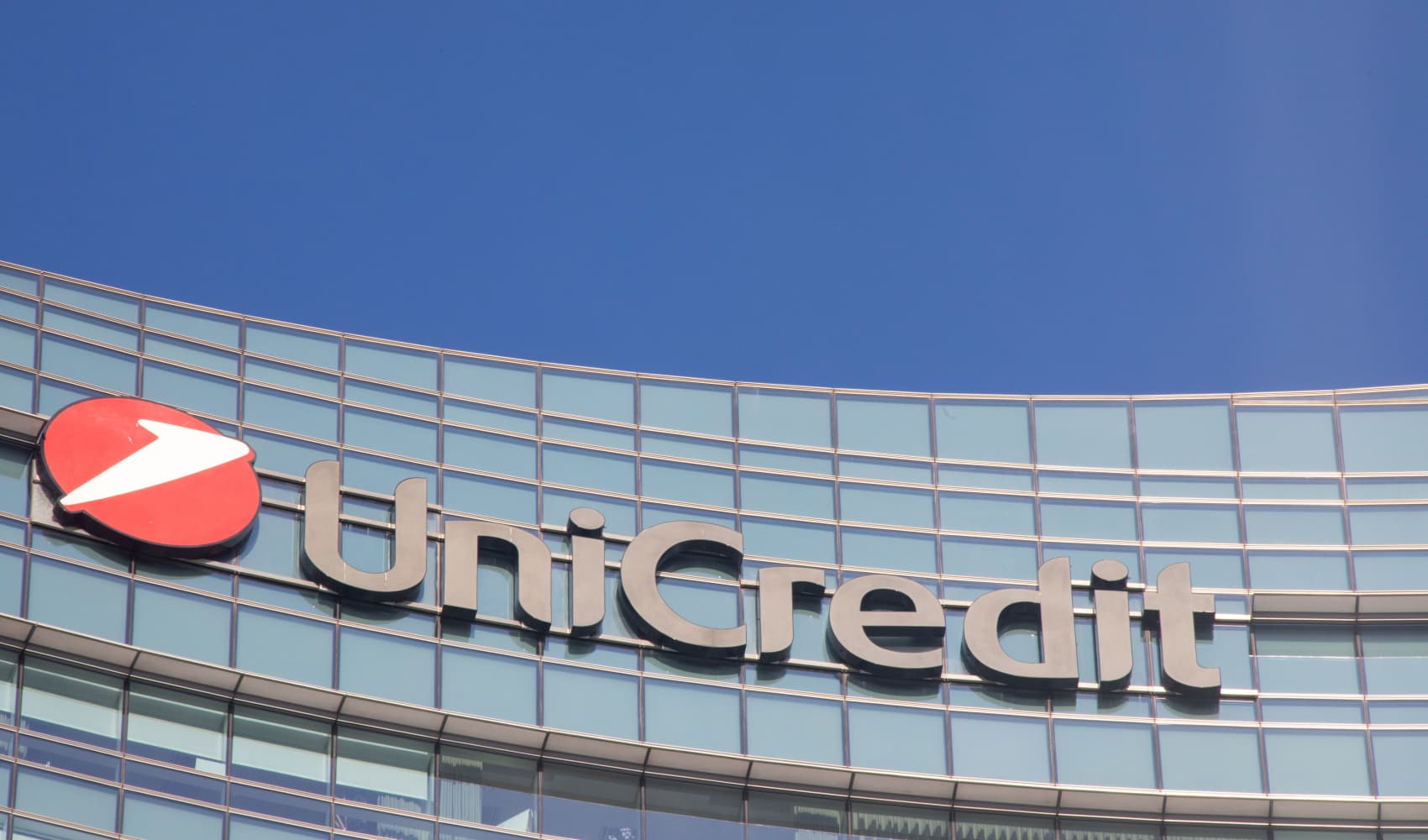
- The yield on 30-year Gilts — a U.K. government bond — on Tuesday rose to the highest level since 1998.
- Yields on U.K. government bonds with shorter maturity terms also moved higher.
- One analyst told CNBC economic concerns were dampening traders' appetite for U.K. debt.
U.K. borrowing costs ticked higher on Tuesday, after an auction of 30-year Treasury gilts brought yields on the long-term bonds hit their highest level in almost three decades.
WATCH ANYTIME FOR FREE
Stream NBC10 Boston news for free, 24/7, wherever you are. |
By 2:02 p.m. London time, the yield on the 30-year gilt — a U.K. government bond — climbed 3 basis points to 5.212% — its highest level since the late 1990s.
The move came after the U.K. Debt Management Office auctioned off £2.25 billion ($2.83 billion) worth of gilts with a 30-year maturity and a coupon of 4.375% at a minimum yield of 5.194%, representing a discount over the bond's face value.
Get updates on what's happening in Boston to your inbox. Sign up for our News Headlines newsletter.
The yield on 20-year gilts added 3 basis points to trade at 5.153%.
Yields on gilts with shorter maturity terms also moved higher on Tuesday.
The U.K.'s 10-year gilt yields gained 3 basis points to trade at 4.641%, while yields on the 2 and 5-year gilts were slightly higher in the early afternoon.
Money Report
'Stagflation' concerns
Susannah Streeter, head of money and markets at Hargreaves Lansdown, on Tuesday said that the British bond market was affected by uncertainty both domestically and abroad.
Traders were wary, she told CNBC over emailed comments, that U.S. President-elect Donald Trump's tariff plan could prove inflationary in America and beyond, if upward pressure is put on the dollar or U.S. interest rates and consumer prices are pushed higher.
The U.K. is facing its own spate of problems, with the British economy unexpectedly contracting by 0.1% in October. Inflation is also hovering above the Bank of England's 2% target, after edging higher to 2.6% in November.
On the political front, concerns are lingering about the Labour government's fiscal policies and plans to raise taxes by £40 billion ($50.1 billion) through a raft of new and controversial policies. These include a hike in employer National Insurance payments — a tax on earnings — that has prompted warnings from businesses that they will be less likely to take on new workers.
On Monday, the British Chambers of Commerce said business confidence had fallen to its lowest level since the U.K.'s 2022 "mini-budget" crisis, with many firms citing concerns about covering additional tax costs on top of rising wages.
"In the U.K., there is particular concern brewing about stagflation taking hold, given that inflation has been creeping up and pay growth is still hot, while the economy has been stagnating," Streeter told CNBC on Tuesday. "It seems appetite to buy long-term U.K. government debt has fallen amid this uncertainty."
"Gilt yields have surged sharply in recent weeks, which is bad news for the government as it stokes fears about the state of public finances," Richard Carter, head of fixed interest at Quilter Cheviot, said in a note to clients on Tuesday.
"The Bank of England remains cautious about slashing interest rates too aggressively, and the tepid demand from investors at the latest gilt sale underscores the uncertainty in the market."
He added that gilt yields nevertheless presented an "attractive opportunity for long-term investors," thanks to being well above expected inflation levels.
"For investors with a lower risk appetite, short-dated gilts still offer a promising avenue and are less sensitive to market fluctuations," he said.
Correction: This article has been updated to accurately reflect that the auctioned gilts had a coupon of 4.375%.






